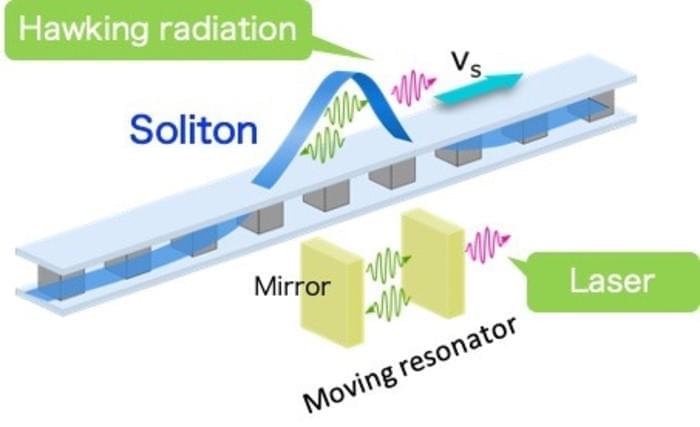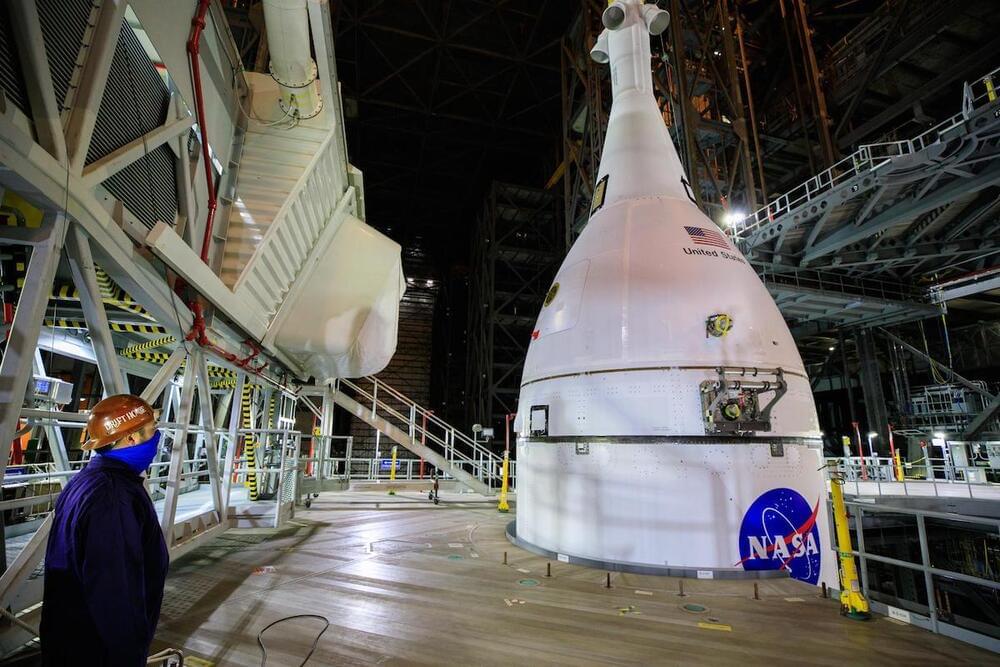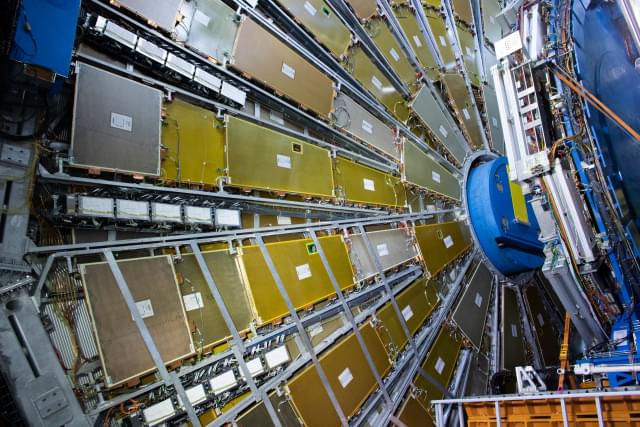Oct 24, 2021
New Marine Corps Robot Will Provide ‘Eyes in the Water’ for Explosive Device Removal Technicians
Posted by Dan Kummer in categories: robotics/AI, transportation
The Marine Corps is expanding its mission set to include operating robots in shallow waters, a first for the service that comes as it prepares to operate on islands in the Indo-Pacific.
The Explosive Ordnance Disposal Remotely Operated Vehicle is a box-shaped robot that can navigate in shallow waters, where it will be able to identify and neutralize threats, according to a Marine Corps Systems Command news release issued Thursday.
The robot, also referred to as an ROV for remotely operated vehicle, has high-definition video capability and the ability to provide real-time feedback for explosive ordnance disposal divers, according to the release. It also uses sound navigation and ranging sensors.


















